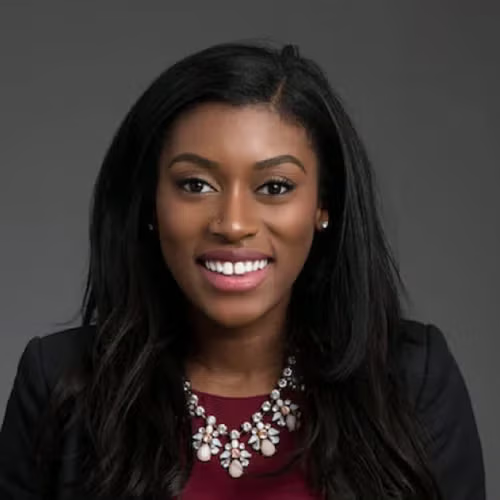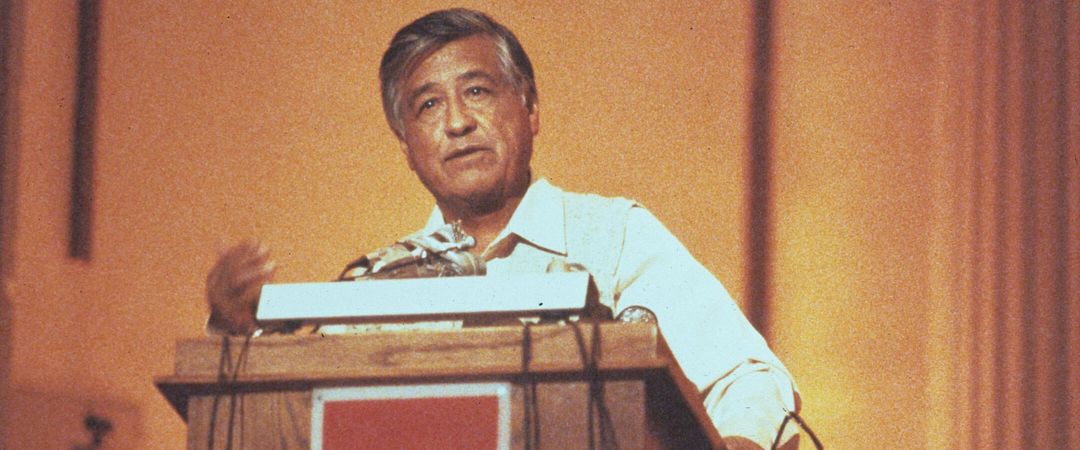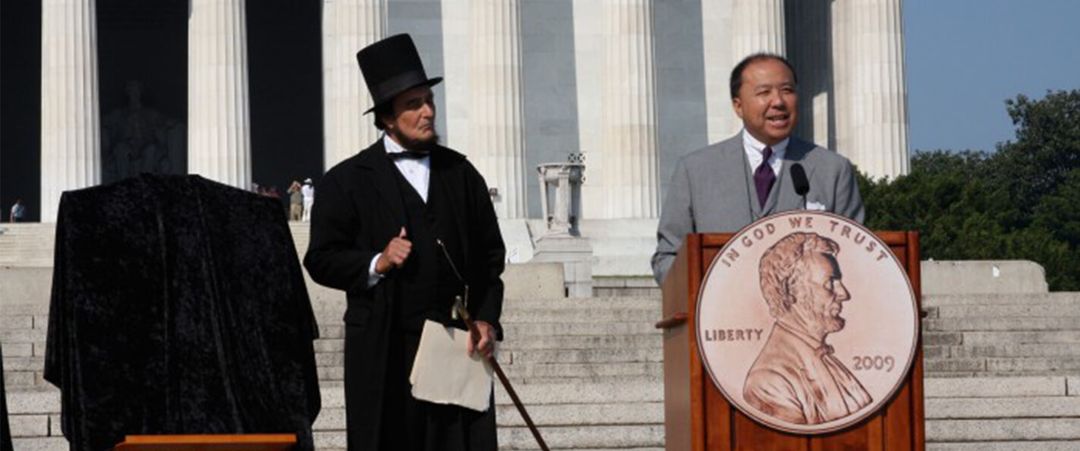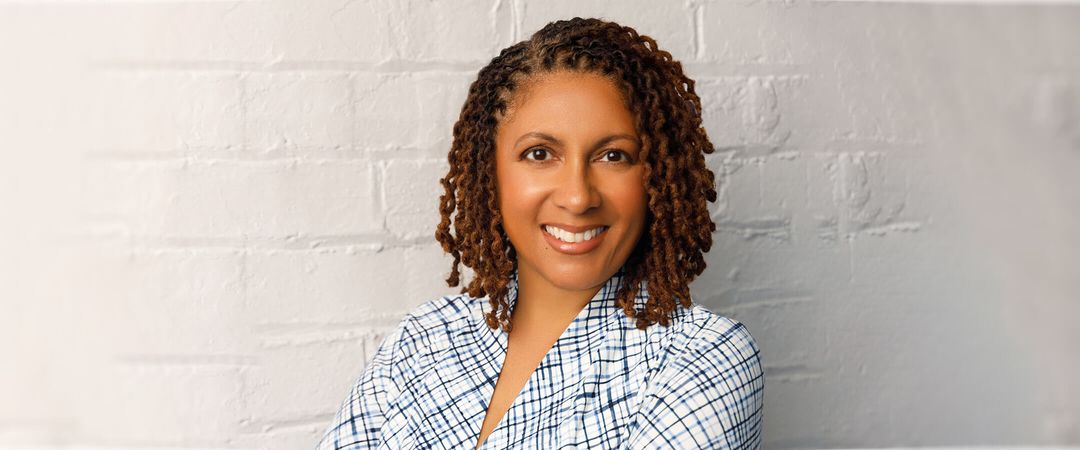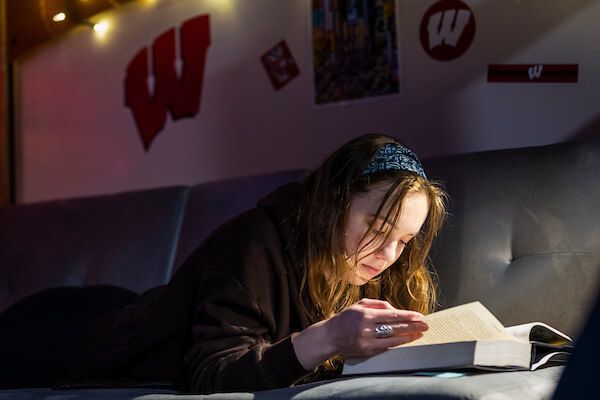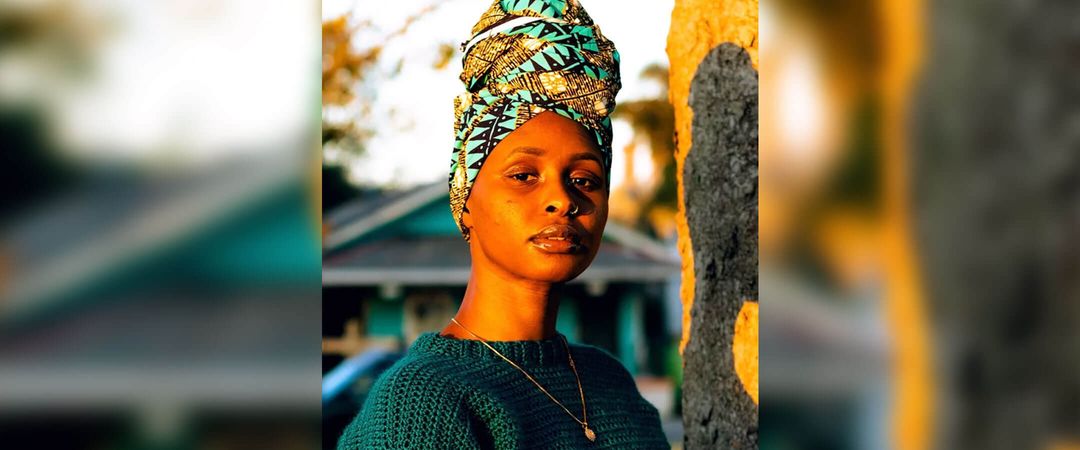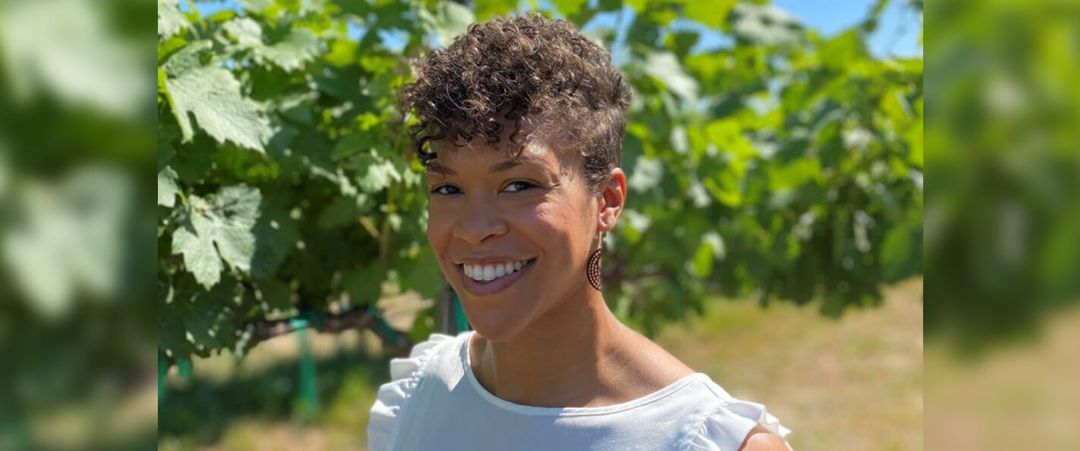Kristen Obiakor ’13 is in it for the kids. Whether they’re patients in her pediatric practice or prospective physicians in the pipeline programs she’s established across the country, kids are the “why” that keep Obiakor committed to providing care and advocating for health equity.
“In pediatrics, we are the foundation of health equity because of the fact that we create adults,” she says. “We ensure that our children can live out their fullest potentials. The care we provide in childhood shapes the adults our patients become.”
To help her patients reach their fullest potentials, Obiakor considers a child’s full self: their medical needs, lived experiences, and the social and structural forces that shape their health. As a National Clinician Scholar at the University of California–Los Angeles, she leads research at the intersection of pediatrics, policy, and population health, investigating how the “social determinants of health” — including housing, income, race, education, environment, and systemic inequities — influence a child’s wellbeing.
Help us ensure the UW remains an affordable, world-class institution and engine of innovation for generations to come.
Make a Gift“Patients are not just their diagnosis,” she says. “Knowing that children who are marginalized by race, ethnicity, and socioeconomic backgrounds often face higher morbidity and mortality rates has made my advocacy work inseparable from my duty as a pediatrician.”
By bridging clinical expertise with implementation science and community partnerships, Obiakor is laying the groundwork for a more just and responsive health system for children and families — and it’s work she started well before she earned her MD. As a first-year medical student at Rush Medical College in Chicago, she founded the West Side Walk for Wellness in West Garfield Park after learning that the very neighborhoods that surrounded the hospital had some of the highest rates of chronic disease and lowest life expectancies in the city.
The community initiative brought neighbors, faith leaders, and youth together with medical professionals to build trust, share resources, and celebrate health in community. Now called the Rush Walk for Wellness, the program is in its ninth year and has expanded to neighborhoods across Chicago and its suburbs.
“Wellness doesn’t just happen within the hospital walls,” Obiakor says. “It happens by getting outside into our communities, meeting people where they are, and making sure that we understand those social determinants of health.”
Wellness also happens when patients see themselves reflected in their providers — but in medical establishments that suffer from chronic underrepresentation of physicians from historically minoritized backgrounds, this isn’t always guaranteed. Obiakor’s prescription: the pipeline programs of which she is both a product and a success story.
Pipeline programs offer mentorship, resources, and immersive educational opportunities for students interested in a career in medicine. It was in one of these programs that Obiakor — the daughter of Nigerian and Jamaican immigrants — first met a physician who looked like her. That representation, coupled with early exposure to medicine, helped shape Obiakor’s vision for what was possible and propelled her through her undergraduate career at the UW, where she was a Powers-Knapp scholar (now called the Mercile J. Lee Scholars Program), and into her medical career.
“When we have young people who see physicians who share aspects of their identity, it changes what they believe is possible for their own futures,” she says.
Today, creating those same opportunities for aspiring physicians is just as much a part of Obiakor’s care practice as her work in the clinic. While a resident physician at Yale, she established the Medical Specialty Exposure Pipeline, which brings resident physicians together with students from local communities to talk about their career pathways, their medical school experiences, and their continuing training in their specialties.
“You’re demystifying what medicine is,” Obiakor says. “You’re breaking down those barriers and you’re opening doors that have been closed for those who are historically minoritized within medicine.”
The power of these programs is evident not only in Obiakor’s respective success, but in the successes she shares in her practice every day: the palpable excitement of pipeline students practicing biopsies on bananas with dermatology residents that look like them; the ease with which a child — and their parent — breathes after Obiakor lobbies their landlord to treat the mold in their home; the visible relaxation in a Black mother’s shoulders when Obiakor enters the exam room.
And where a clear path to success doesn’t already exist, Obiakor finds a way to pave that, too: “If I don’t see something, I’ll just create it.”
